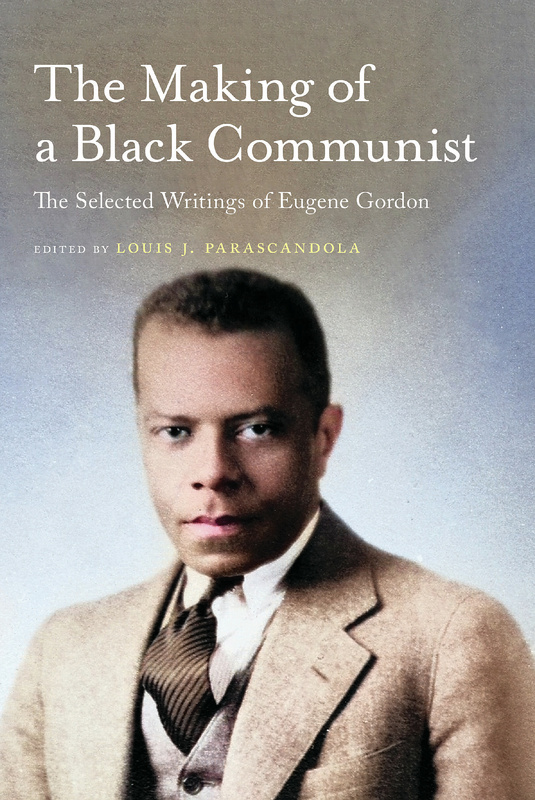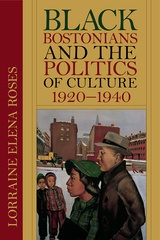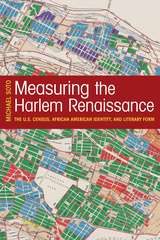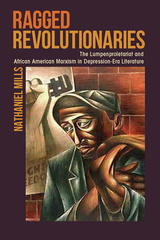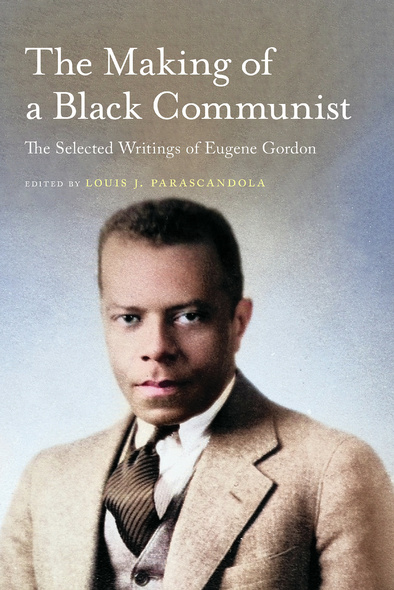
The Making of a Black Communist
The Selected Writings of Eugene Gordon
Eugene Gordon (1891–1974) was a major writer involved in the development of the burgeoning Black literary scene in Boston in the 1920s, an active player in the Harlem Renaissance, and a longtime member of the Communist Party. Despite his credentials as a reporter, editor, fiction writer, and political activist, he is rarely mentioned in studies of the Harlem Renaissance or Marxist politics. Here, Louis Parascandola has pulled together Gordon’s journalism, autobiographical writing, and fiction. This new collection, featuring both previously published pieces from a wide variety of publications as well as material that has never before been published, demonstrates his range and his skill while establishing his importance as a critical voice of his time.
Gordon was born and raised in the South but made his way north at a young age. In Boston, he founded the Saturday Evening Quill Club, an African American literary group that included other notable writers such as Helene Johnson and Dorothy West. He later became editor of and contributor to two major publications coming out of the era: the Messenger and Opportunity: A Journal of Negro Life. As he grew more political, he joined the Communist Party in the 1930s and became editor of and contributor to the New Masses. Scholars looking to research him have struggled to find disparate writings to get a fuller sense of his literary stylings as well as his political commitments. This welcome new volume establishes Gordon as a significant, understudied figure.
‘Parascandola provides not only a thorough introduction of Eugene Gordon and his writings, through which readers can glean his importance, but also accessible explanatory notes for each of the writings collected in the volume, which is instructive for the reader who may not be familiar with the historical context(s) in which Gordon was writing. The collection also includes writings that focus on themes that are relevant to our historical moment, including the intersections of race, class, and gender; racial and gender violence; and race and labor.’—Charisse Burden-Stelly, author of Black Scare/Red Scare: Theorizing Capitalist Racism in the United States
‘This new volume helps recover the work of Eugene Gordon, a leading figure of the Black Left in the 1930s who has received little scholarly attention. Parascandola’s book does much to correct that.’—James Smethurst, author of Brick City Vanguard: Amiri Baraka, Black Music, Black Modernity

